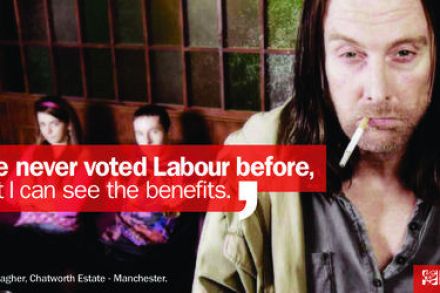Welcome to The Future Fair
So now we know. Labour’s election slogan is A future fair for all. And – as various folk, including Alex, have pointed out – it’s kinda screwy. As in, “we’re all going to The Future Fair” kinda screwy. So don’t expect it to catch on. Unless, of course, there really are bright lights, big wheels and rollercoasters on offer. The slogan kickstarts a feverish weekend of activity. Brown is going to set out the main themes of Labour’s campaign. The Tories might try to sabotage it all. And we may, possibly, perhaps, find out what the election date is. Stay tuned, so to speak. P.S. I wouldn’t be too surprised



















